2022
The latest news from the Roslin Institute.
To learn more about the work and life of our scientists, please see our interview series in the Meet Our Scientists pages. We also post our news on Facebook and Twitter and you can subscribe to our newsletter.
For press enquiries please contact the Press Office via email or +44 (0)131 650 9547.
Intensive farming and trade drove spread of livestock infection

Evolutionary study of bacteria that cause a common infection of cattle reveals their origin and spread via ocean trade links, shedding light on modern-day disease.
Stress insights aid fish and seafood health and welfare

Research into fish and shellfish responses to health and environmental pressures could inform breeding strategies to help produce sustainable, quality protein.
Expert joins panel advising Scottish Government

Roslin Director appointed to Scottish Scientific Advisory Council, to support work of national Chief Scientific Adviser.
Cockle shell colour governed by region of DNA
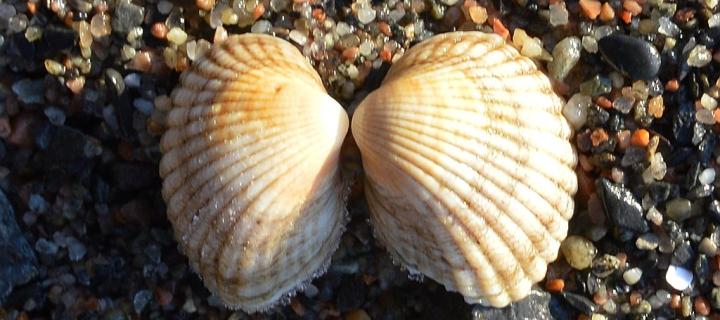
Detailed analysis of shellfish species points to heritable factors linked to shell colour and markings.
Genetic analysis key to understanding Legionella risk

Regular analysis of the bacteria that causes Legionnaires' disease could help measures to limit the spread of infection.
Enzyme therapy shows promise for childhood dementia

Studies involving sheep demonstrate potential benefits of enzyme replacement therapy for neurological disease with no cure.
Radiography could transform poultry breeding

Imaging procedure to measure bone quality in live birds provides a reliable, efficient way to inform selection of laying hens.
Diabetes drug has potential to treat hardened arteries

Scientists determine processes by which metformin therapy can protect against calcification of cells in blood vessel walls.
Rabies vaccination campaign reaches 2 million dogs

Milestone achieved in mass effort to safeguard humans from world’s deadliest disease.
CTLGH award helps bring genetic gains to smallholders
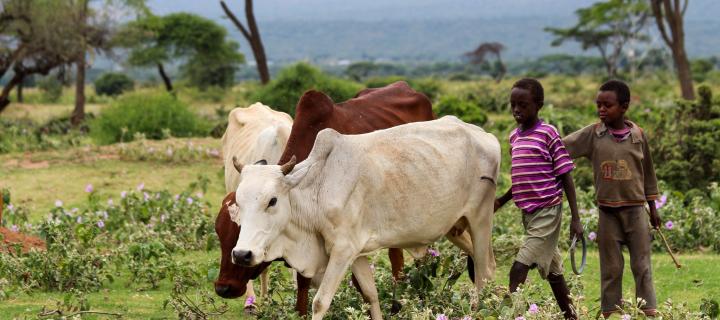
Five-year, US$17.4m funding enables Centre for Tropical Livestock Genetics and Health to focus on bringing research-driven benefits to farmers in low- and middle-income countries.
Contact tracing tool supports supplies during pandemic

Digital, open-source system targets the haulage sector as a key source of Covid-19 infection spread.
DNA discoveries could aid oyster success
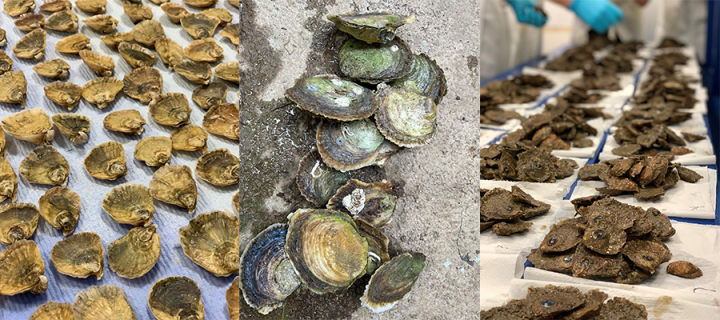
Genetic code findings could help produce larger, healthier shellfish.
Brain immune cell limits impact of degenerative disease
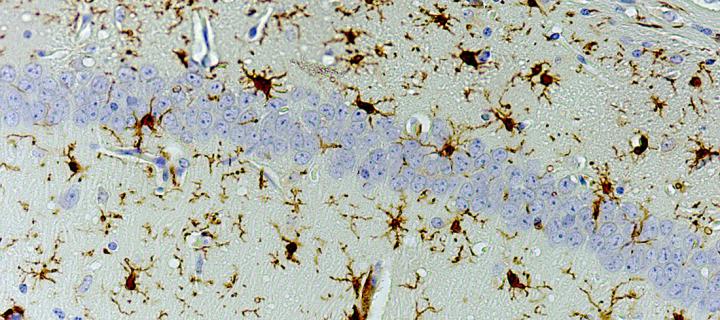
Understanding the natural process that limits the impact of neurodegenerative conditions could help develop therapies.
DNA study could help breed virus-resistant poultry
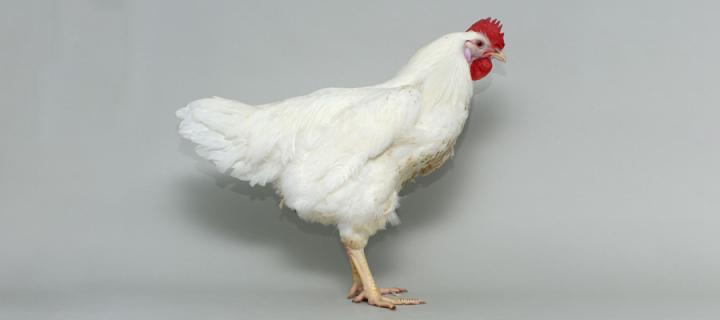
Analysis of chicken genes highlights possible variants linked to innate immunity against damaging viral infections.
Campus to host secondary school with focus on STEM
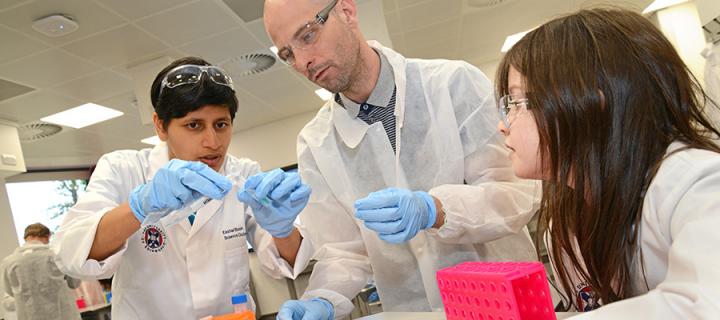
Local high school pupils to benefit from educational facility within University site.
Life changed for dogs during lockdown, study finds

Long-term study of Labrador health highlights impact of pandemic restrictions.
Animal disease centre wins share of £35m funding
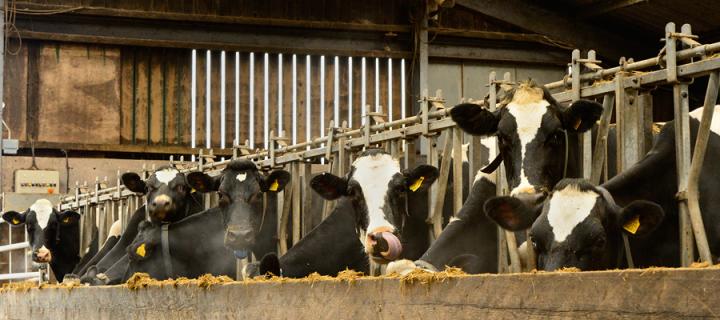
EPIC team secures tranche of five-year Scottish Government support for research into animal disease outbreaks.
UK scientists join forces to tackle bird flu
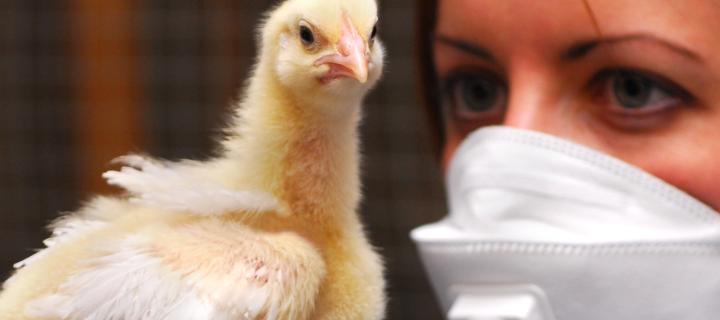
£1.5 million government funding will support research into bird flu outbreaks.
Retinal examination can predict heart attack risk

Routine eye screening combined with genetic data could offer insight into individual’s heart health and risk of illness.
Roslin’s annual global impact approaches £20bn

An economic report has outlined the contribution of the Institute to the local, national and international economies.
Foot-and-Mouth Disease study may inform long-term vaccines
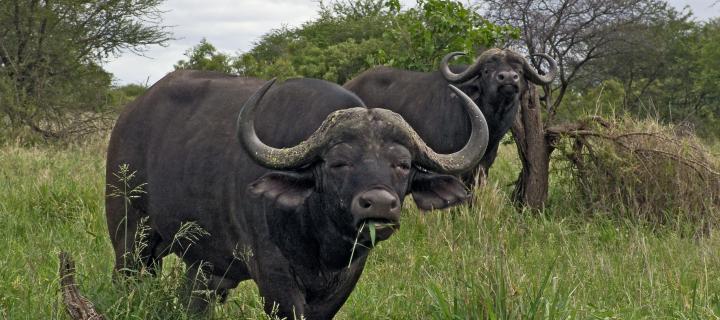
Insights into immune processes show how virus can be retained in the bodies of infected animals and cause persistent infection.
Pupils use big data to monitor bee health
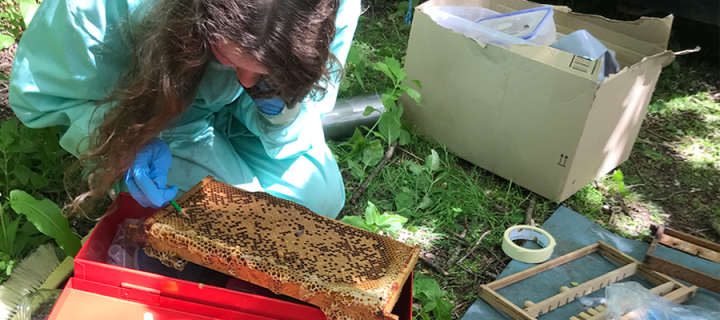
Beekeeping pupils learn to use large amounts of data and scientific methods to diagnose disease in their bees.
Vaccine campaign to free Indian state from rabies
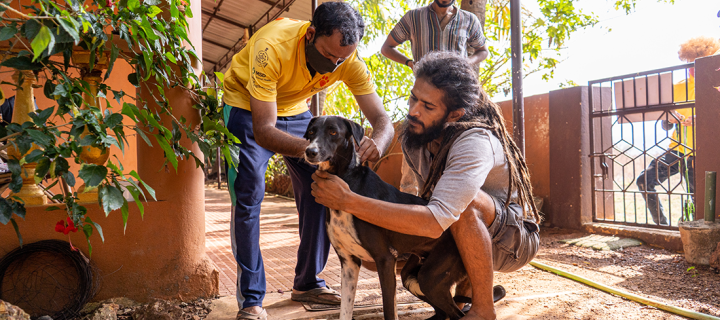
Data-driven, One Health approach puts Goa on target to eliminate disease and save lives.
Pandemic research team to develop lung disease drugs

A multi-million pound research programme aims to tackle lung infections and future pandemics.
National assessment highlights research excellence

UK Research Excellence Framework results affirm outstanding research environment and impact on society.
Public dialogue to explore views on gene editing

A consultation in the UK will investigate public concerns and hopes related to changing the DNA of farmed animals.
Scotland to host conservation genetics conference
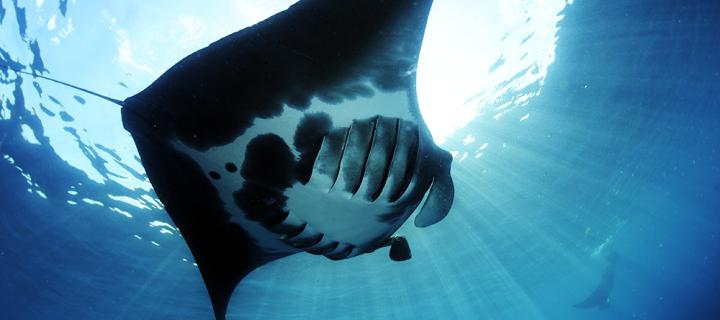
International experts will share expertise at the European Conservation Genetics Meeting 2022 in Edinburgh.
Ministerial visit to Agritech Hub highlights data potential
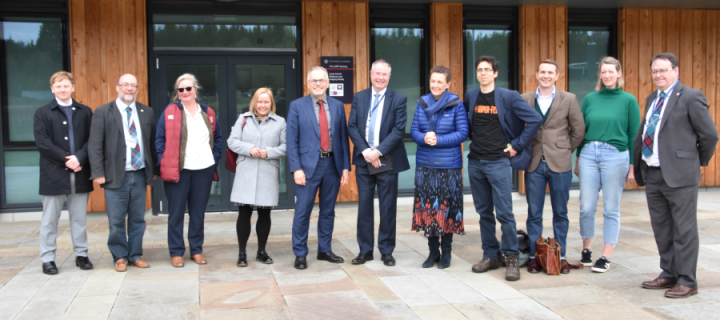
Defra Minister discusses data-driven innovation and capability of genetic technologies at the Easter Bush Agritech Hub.
Stakeholder study seeks to map future of UK livestock
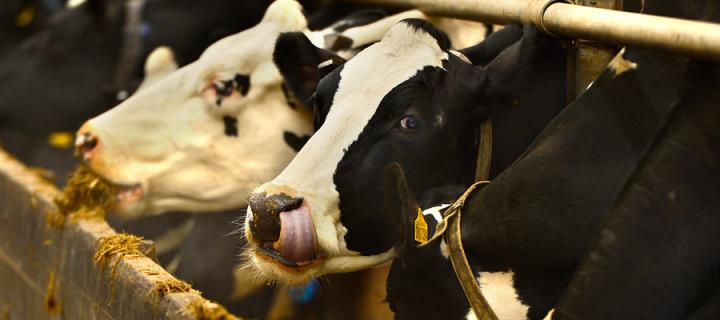
Researchers engage with sector on transformation of animal agriculture.
Genetic finding could help beat fatal cattle infection

A section of DNA found to protect native African cattle against East Coast fever could safeguard breeds introduced to the region.
Scientist recognised for animal welfare research
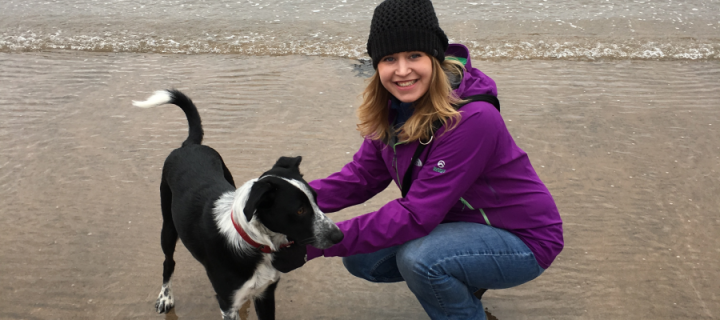
Dr Jessica Martin has been named Early Career Researcher of the Year in recognition of her work to minimise animal suffering.
Pioneering scientist appointed as Director of the Roslin Institute

An expert in gene editing has been appointed as Director of the Roslin Institute, with immediate effect.
Covid-19 mixed with flu raises risk of severe illness

Co-infection with flu in patients with Covid-19 more than doubles their risk of death, hospital data shows.
Milk test could spot common dairy cattle disease
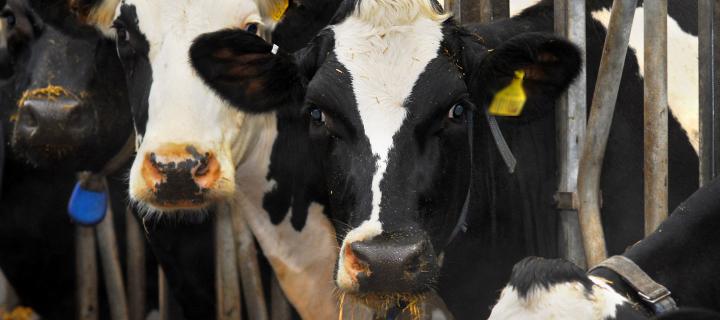
Detection of a signature inflammation marker could aid early detection of mastitis in cows.
Partnership aims to tackle antimicrobial resistance
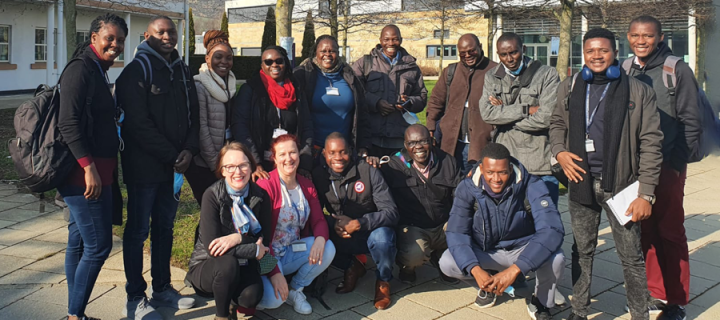
African fellows’ visit to the Roslin Institute creates opportunity for training, mentorship and strengthening collaboration.
Gene insights could aid African food systems

Information on the genetic code of relevant species could help ensure more resilient and sustainable food production in Africa.
Study aims to produce lice-resistant salmon
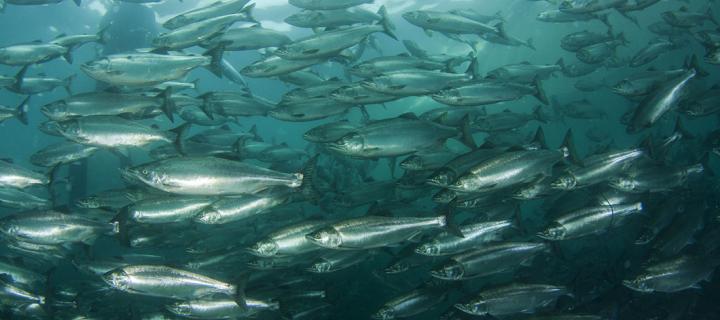
£1.7m study aims to identify genetic mechanisms that could make Atlantic salmon resistant to a key parasite.
Researchers team up to tackle healthy ageing

Roslin brings expertise to UK study seeking to understand and improve immunity in older age.
Gene variants linked to severe cases of Covid-19

Genes with links to critical illness offer routes to investigate novel treatments.
Gene editing plus vaccines could eradicate disease
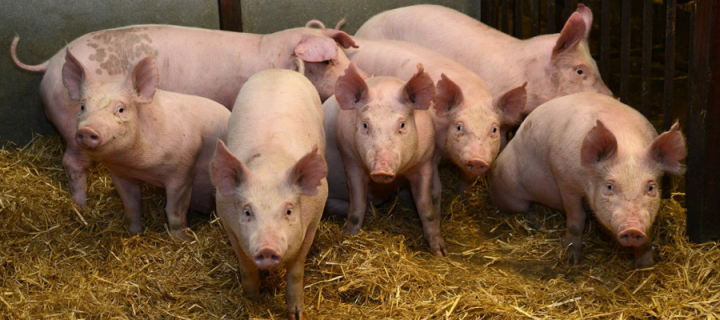
Combining gene technologies with vaccination could eliminate certain livestock diseases in less than six years, a modelling study suggests.
Gene hampers foetal growth in pigs, study finds
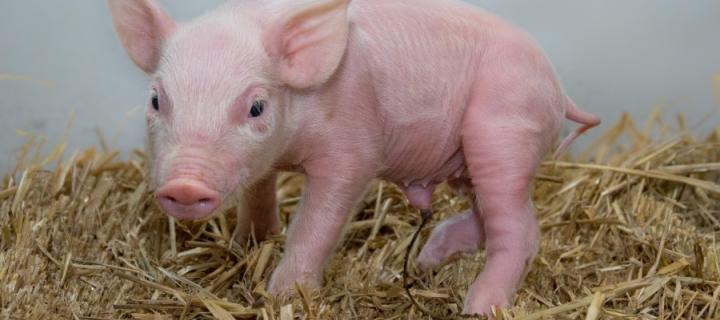
Scientists identify mechanism linked to decreased muscle development in pigs and potentially in humans.
Improved DNA reference aids African cattle research
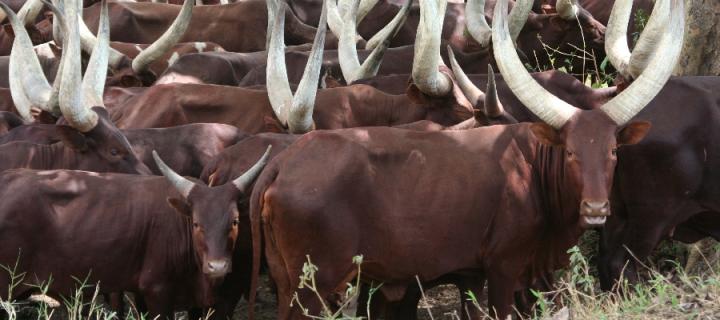
Details of African and European cattle DNA incorporated into globally relevant reference genome.
Novel approach could aid selective breeding in cattle
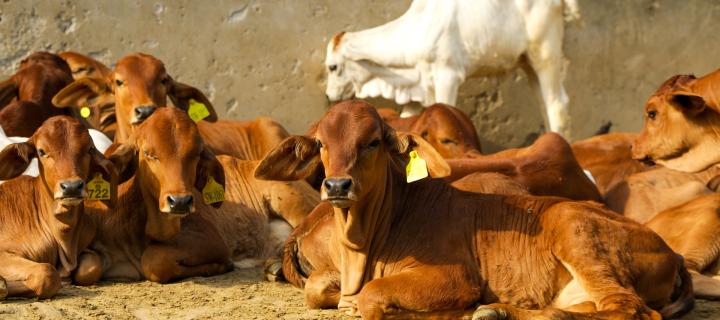
Researchers aim to pinpoint non-gene components in DNA linked to production and welfare traits in cattle, gaining insights across species.
Plaudits for antibiotic resistance tracking system
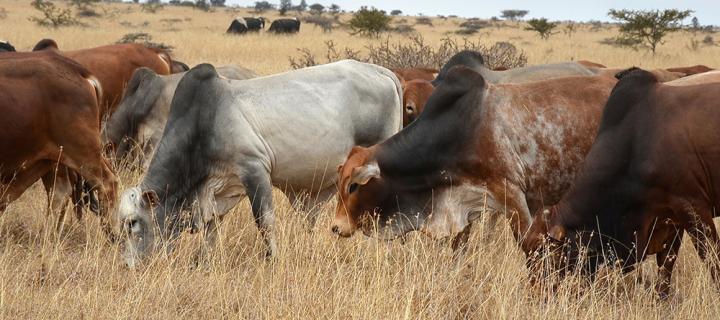
Approach to tracking drug resistance in people and livestock gets international recognition.
Low-cost freezing method to safeguard indigenous poultry

Simple, cost-effective technique of freezing reproductive cells can help secure food production in tropical countries.
Cell marker methods aid study of poultry immunity

Newly developed techniques to study a key immune cell will support research towards managing infection in chickens.
Antibiotic resistance predates modern medicine
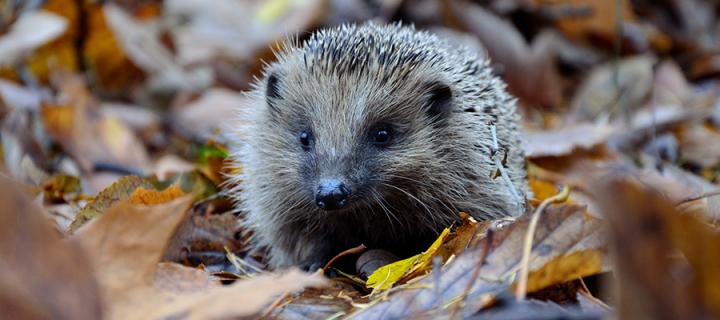
Bacteria with antibiotic resistance infected wildlife centuries ago, DNA family tree shows.
Stem cell approach to aid study of pig infections
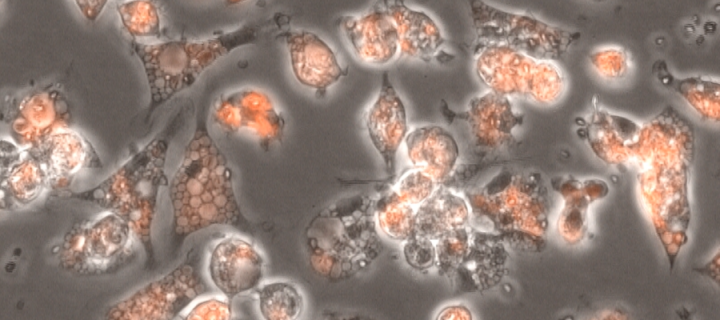
Novel technique can help understand how bugs interact with immune cells to infect livestock.
DNA offers insights into pig muscle development

Analysis of the genetic code of pigs provides insights into muscle growth to inform breeding selection.


